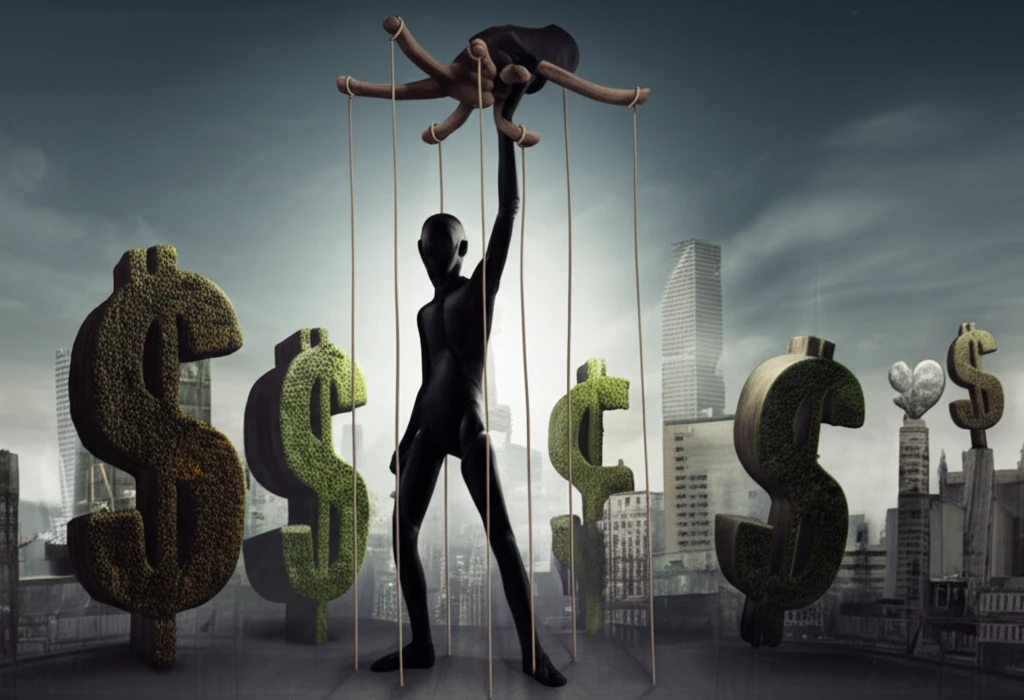
The Sneaky Psychology of Selfish Decisions: Are Small Cues Controlling Your Choices?
"New research reveals how subtle prompts can dramatically shift our economic behavior, turning generosity into self-interest. Discover the hidden forces influencing your decisions."
We like to think we're in control, especially when money's involved. But what if tiny, almost invisible nudges could swing our decisions from fair to selfish? That's the unsettling question at the heart of a new study exploring the 'priming' effect on economic choices. The findings suggest that we might be less rational and more easily manipulated than we'd like to believe.
For years, economists have observed a curious trend: economics students tend to act more selfishly than their peers in other fields. Are they just wired differently, or does their training somehow strip away empathy? The conventional wisdom points to two explanations: either selfish people are drawn to economics (the 'selection effect'), or studying economics breeds a dog-eat-dog mentality (the 'indoctrination effect').
However, researchers are beginning to question these long-held beliefs. What if the context of the decision—the subtle cues and prompts we receive—plays a more significant role than previously thought? This article explores how seemingly insignificant primes can trigger selfish behavior, regardless of your background or moral compass.
Priming: How Subtle Cues Can Hijack Your Decision-Making

Priming, in psychological terms, refers to how exposure to one stimulus influences a response to a subsequent stimulus, without conscious awareness. It's like planting a seed in your mind that subtly shapes your thoughts and actions. This effect is amplified when the situation is ambiguous, meaning it can be interpreted in multiple ways. In these instances, the cues we receive can disproportionately influence which norms we apply.
- Market Norms vs. Social Norms: We constantly navigate between these two sets of rules. Market norms are transactional and focused on self-interest, while social norms prioritize fairness, reciprocity, and the well-being of others.
- Context Matters: Our choices are heavily influenced by the context in which they’re made. Are we in a business meeting or a volunteer event? Our perception of the environment dictates which norms take precedence.
- The Power of Suggestion: Priming works by making certain concepts more accessible in our minds. Words, images, or even subtle environmental cues can trigger associations that impact our behavior.
Unmasking the Hidden Architects of Our Choices
These findings carry significant implications. If our economic decisions are so easily swayed by subtle primes, it raises questions about the extent to which we are truly in control. It also highlights the importance of being aware of the cues in our environment and how they might be influencing our choices, especially in situations where fairness and ethical considerations are paramount. Further research should explore stronger or domain-specific cues to determine how to help non-economics students act like profit maximizers to a greater extent than economics students, and vice-versa.
